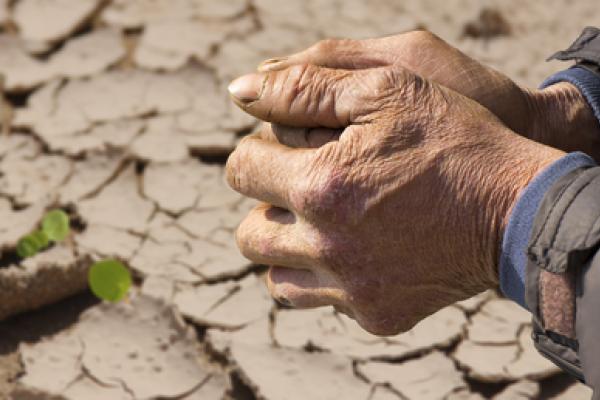Jun 25, 2012
For me, intellectual exploration was one of the primary ways I connect with God. My writing, teaching, and graduate studies have not come out of a desire to attain a “deeper” faith, but rather out of a unique conviction that I must pursue these things out of faithfulness to the faith I ascribe to. God has created me for this stuff and it is a significant way I hope to edify the Church global.
Now, while this is an important reality to acknowledge and foster as I come to better understand my wiring and its relation to my Kingdom contribution, I have to hold this reality in tension with some recent experiences and convictions that have come about as a result.
Read the Full Article

Already a subscriber? Login
